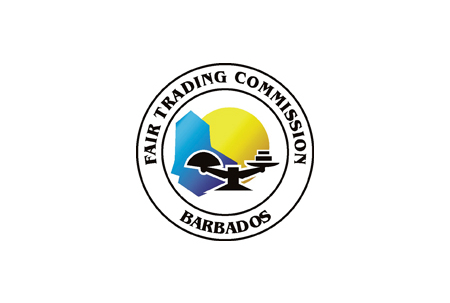The Fair Trading Commission (FTC) has developed a framework for a four-year energy storage pilot project that could see qualified applicants receiving an energy storage tariff (EST) for up to ten years and the data used to inform the design of future energy storage programmes.
In a summary of its EST decision, the FTC explained that there were challenges associated with achieving Barbados’ goal of becoming 100 per cent reliant on renewable energy sources as that required the steady integration of renewable energy sources into the national electricity grid.
With the majority of the island’s renewable energy supply coming from solar photovoltaic systems, which is a form of intermittent resource that tends to introduce stability and sustainability issues, the FTC said mitigation measures were therefore necessary.
“As a result, the Government of Barbados has identified energy storage as an appropriate means of mitigating the effects of these intermittent resources,” the FTC said in the EST decision which it said was developed following a period of consultation with stakeholders from March 31, 2023 to April 21, 2023.
“To effectively implement policy as required, the Commission has developed an EST framework for storage that utilises a four-year pilot project aimed at gathering relevant data on the functioning of storage systems and their ability to provide services on the Barbados electricity grid. The pilot project will focus on the use of battery energy storage systems of four-, three- and two-hour durations, with a total allocated capacity of 50 megawatts (MW).”
As such, the regulator has determined for a two-hour battery up to 25 kilowatt (kW), the energy storage rate will be set at $0.675 per kWh and $56.78 per month.
For a three-hour battery between 25kW and 1MW, the tariff rate will be $0.404/kWh or $33.95 for the month, and for systems between 1MW and 10MW the rate is $0.292 per kWh and $24.61 for the month.
The four-hour battery between 25kW and 1MW is set at $0.374 and $41.95 per month, and the tariff for four-hour battery storage systems between 1MW and 10MW is set at $0.270/kWh and $30.34 per month.
“The participants who are licensed during the pilot phase of the storage programme shall be eligible to receive associated tariffs for ten years,” said the FTC.
As part of the Commission’s monitoring and administrative framework, the first two years of the four-year pilot is expected to see the design, procurement, installation and connection of the battery energy storage system equipment.
“The remaining two years cover the operation of the project and collection of the relevant data to assess the performance and viability of the projects,” it said.
The EST and associated framework is to be reviewed every two years. However, the FTC has the right to conduct more frequent reviews. Over the duration of the pilot project, the regulator will also reserve the right to conduct random checks on batteries as well as perform audits as necessary. (MM) ]]>




